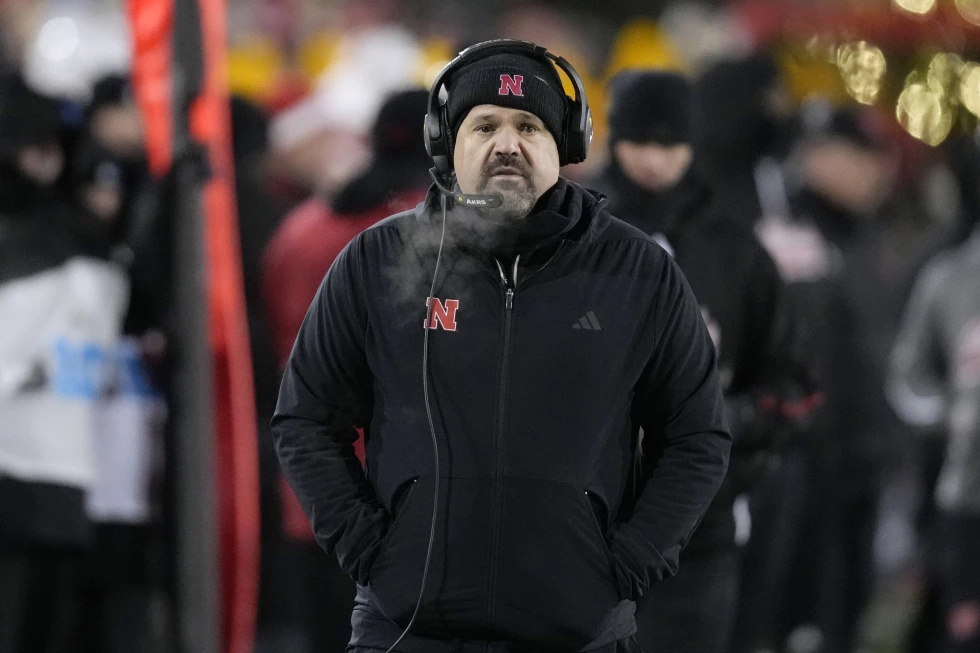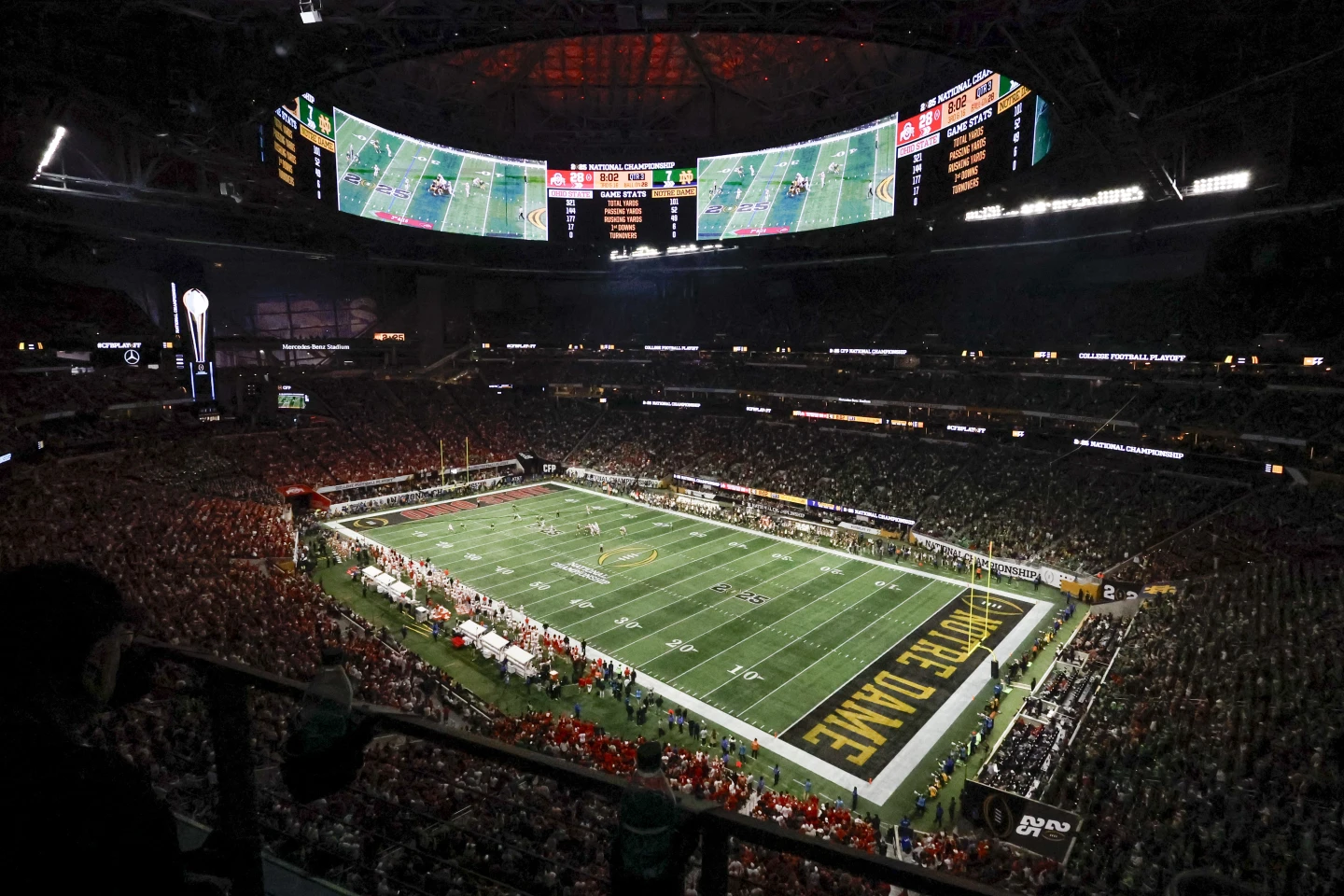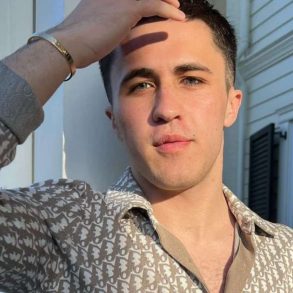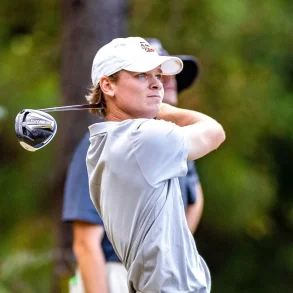A proposed rule change aimed at stopping players from pretending to be injured to get unnecessary timeouts will be discussed at the NCAA Football Rules Committee meeting this month.
Faking injuries, sometimes with the coach’s approval, has become a strategy for defenses to slow down fast offenses or for offenses to avoid a delay of game penalty or gain an extra timeout.
The American Football Coaches Association (AFCA) suggested a rule requiring a player who falls on the field and gets medical help to stay out for the rest of the possession. Right now, the player only has to sit out for one play before returning.
“The American Football Coaches Association is very concerned about this,” said AFCA executive director Craig Bohl. “It goes against the spirit of improving our game and the ethics. We created this proposal, we shared it, and it has been well received. We expect some pushback, but we say to those against it, give us a better idea if you don’t like it.”
The proposal includes exceptions. A coach can use a timeout to get the player back on the field during the current possession. If a player is injured from a hit that results in a penalty, they will not be affected. Additionally, one player on offense and one on defense, who has a green dot on their helmet indicating they receive radio communication from the coach, can return after one play.
Last season, faked injuries became such a big issue in the Southeastern Conference that commissioner Greg Sankey sent a memo in November telling teams to stop faking injuries to create timeouts. He wrote, “As plainly as it can be stated: Stop any and all activity related to faking injuries to create time-outs.”

The NCAA Football Rules Committee will meet in Indianapolis during the last week of February, and this topic will be a major focus. If the AFCA’s proposal is approved by the Playing Rules Oversight Panel in the spring, it will be put into effect next season.
NCAA supervisor of officials Steve Shaw said Division I conference officiating coordinators supported the proposal at their meeting in Irving, Texas, last week. Shaw showed the coordinators a video of players pretending to be injured, sometimes in an obviously fake way.
Shaw said anyone who doesn’t think fake injuries are a problem would change their mind after seeing the video.
“Eventually, you’re like, ‘This is awful. This is pitiful,’” Shaw said, though he doesn’t plan to make the video public.
One clip shows a player who appears to have a cramp. “The trainer walks him out, and the guy has this huge grin on his face,” Shaw said. “The trainer tells him to lay down and does the usual leg stretch. The trainer smiles at him, and the player quickly gets up, going to the coaches to return to the game.”
Bohl said that rotational players, like defensive linemen and running backs, are the biggest offenders. “They look to the sideline, and the coach points down, so they fall down and another player comes in,” Bohl said. “By making the player sit out for the whole possession, the coach might ask themselves, ‘Do I really want to disadvantage my team by losing a player?’”
Bohl warned that if no action is taken to stop fake injuries, the problem will get worse. Coaches might feel they have to join in the behavior if there’s no penalty.
Bohl said the AFCA’s proposal may not be perfect, but it should help reduce the number of clear cases of fake injuries.
“The AFCA cannot ignore the unethical behavior happening in this part of the game,” he said.







